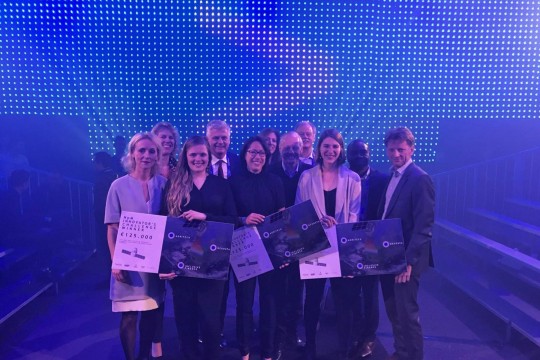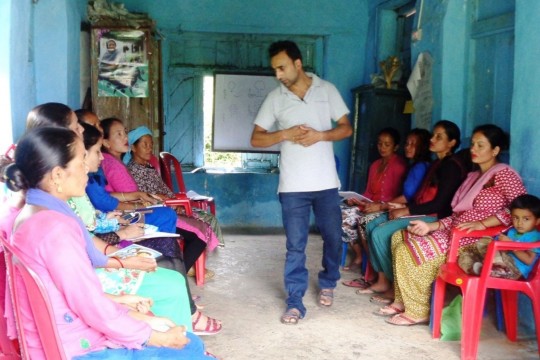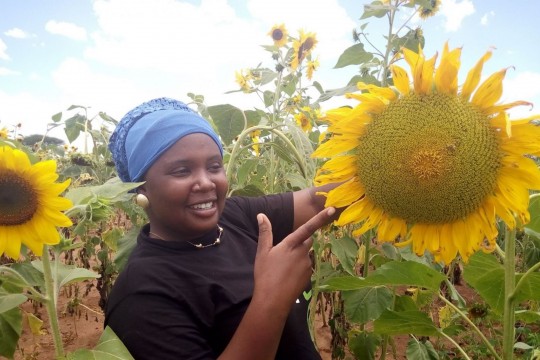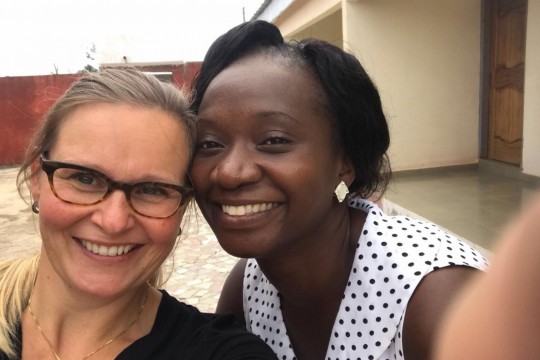A new life for broken water pumps
Joyce: "I was looking forward to meet the Kenyan water team, to have a look at the results so far and to discuss the future of our projects. Together with Wycliffe, Michael, Kevin and Marten, owner of Susteq, we visited the County Government Water, Environment and Natural Resources. An enthusiastic delegation welcomed us, consisting of the county executive (minister), chief officer, sub-county water officer, county director, deputy director and deputy sub-county director. And unlike my previous experiences with visits to local authorities it didn’t end with just exchanging some good manners.”
The county minister tells us about the main goals Busia County has when it comes to clean drinking water until the year 2018. All water stations in this region are mapped, 2.071 in total. No less than 25% of these taps is not working any more. An interesting chance for ICS. We would like to recuperate broken water taps. We strive towards a situation wherein everyone in this county should walk no more than 500 meters for clean drinking water. Later that week, in the little village of Kakoli, citizens of the community told us that during the dry season women have to walk all the way to the border of Uganda for water, 10 kilometers away. A full time job for water that isn’t even clean and healthy enough to drink. With the water taps that ICS builds we bring clean drinking water close to communities. The county minister continues his story. He says people should more make use of solar energy instead of electricity for the electricity network is rather unreliable while the Kenyan sun is daily present. That thought also connects with our initiatives: the pumps work on solar power, just like the prepaid payment system of our partner Susteq.
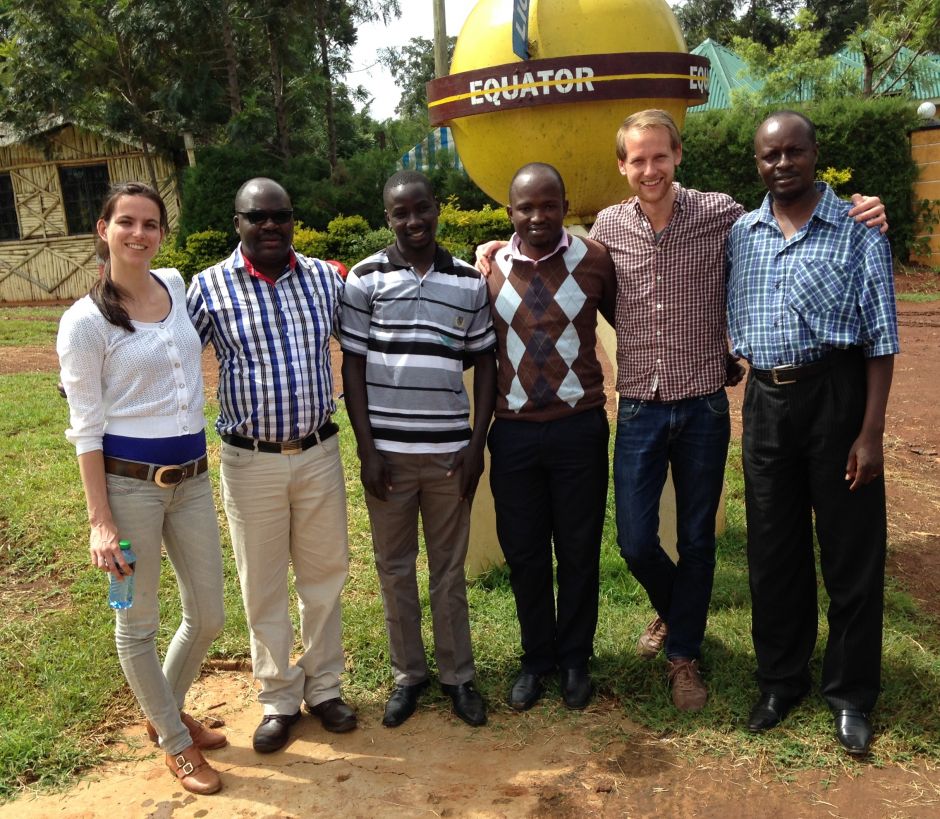
Enough similarities for cooperation so to say. That’s why we sign a cooperation contract with Busia County and the enterprise Best Boreholes Ltd. Best Boreholes implements a project on behalf of USAID. The coming period we will work together so we are able to strengthen each other as much as possible. Coincedentally the managing director of Boreholes is half Kenyan, half Dutch so he builds a symbolic bridge between the Kenyans and Dutch in our team. To end the meeting Kenyan tea is been served, together with corn cobs, peanuts and boiled eggs.
Next to making future plans we would also like to see the current status of the projects of course. That’s why we pay a visit to the water towers and bore holes in Amagoro and Malaba. In the community of Kakoli we are being welcomed with singing, dancing and theatre. Locals demonstrate, after an explanation of Susteqs’ Marten, the prepaid payment system that we will implement in this project.
During the bumpy ride on mainly dust roads we discuss our strategy for the near future. To finalize we visit several spots that could be part of our upscaling plans and a water kiosk of Siemens Stiftung. On the way back to the airport we see a girl along the road, filling her bucket with dirty looking water of a puddle. One day hopefully, this isn’t necessary anymore.
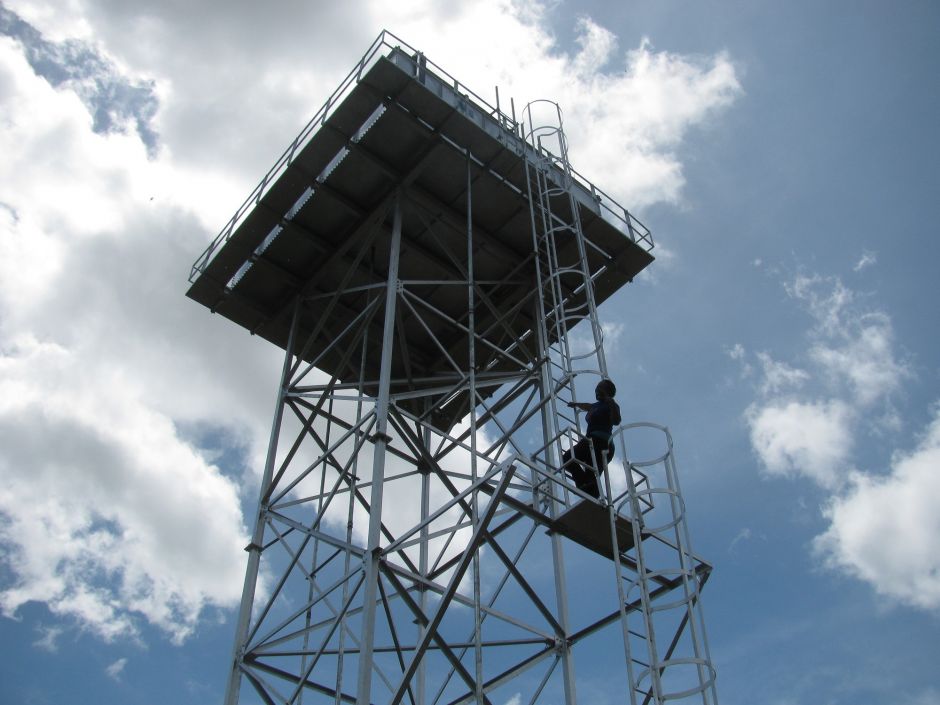
On Friday I arrive back in Holland with my little orange suitcase filled with new ideas and things to work out. After the weekend we continue as a team to provide as much people as possible with clean drinking water. Wycliffe, Michael and Kevin out of Kenya, and I, out of Holland.”

